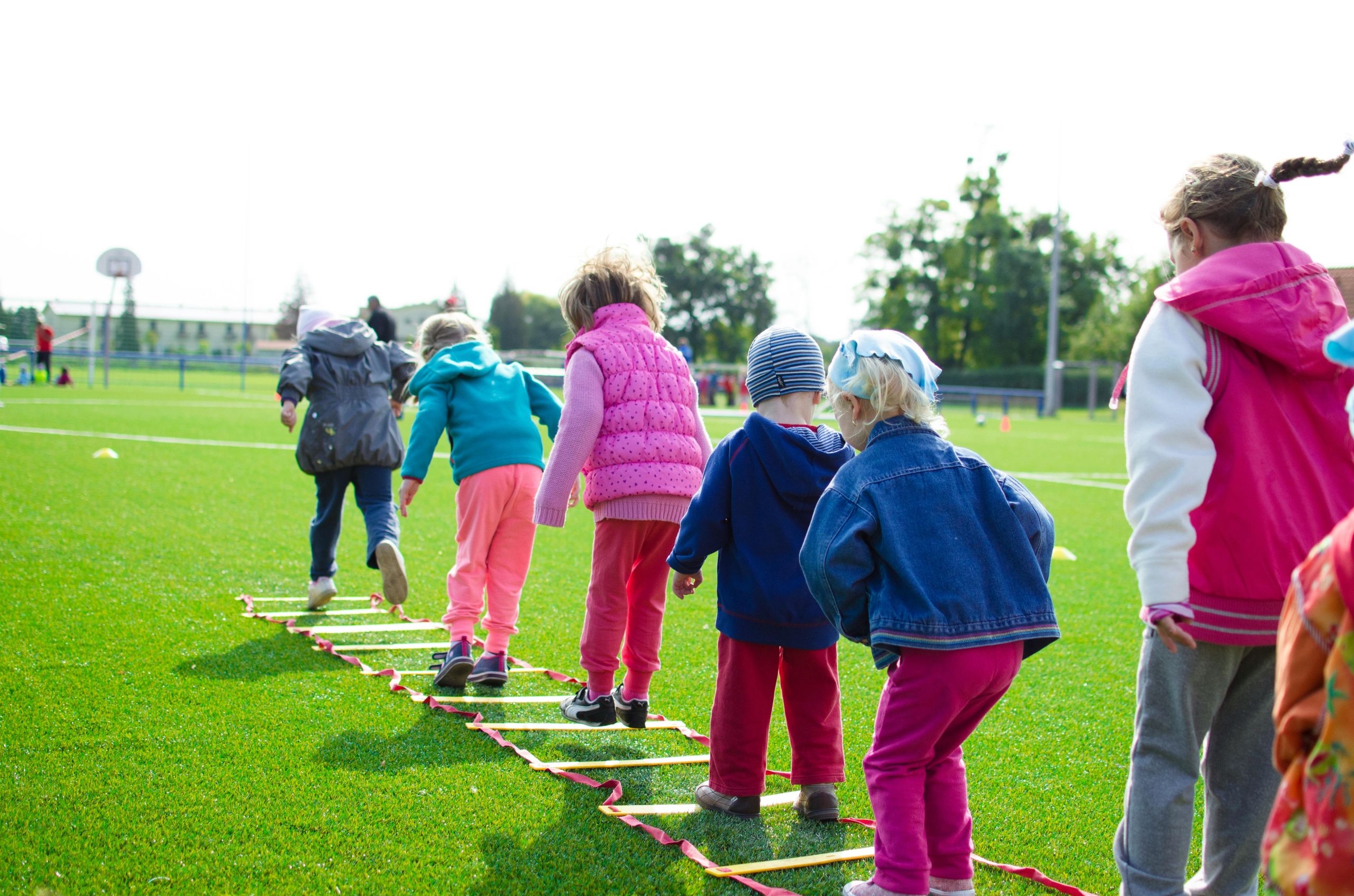Social and
life skills
Self-esteem is not about being better than others, its about knowing your worth and embracing who you truly are
Every aspect of the Tearmann ethos is about learning and development and we recognise how promoting social and life skills plays a vital role in trauma healing and rebuilding their confidence.
Through supporting social skills, such as effective communication, helping others, and cooking, we aim to foster healthy relationships and encourage emotional expression. This allows children to navigate their feelings in a supportive environment. These skills help them build trust, a crucial component in overcoming the trauma associated with instability or loss.
Life skills, like problem-solving, decision-making, and self-management, empower children to take control of their lives, fostering a sense of independence and resilience. Through these skills, children learn to recognize their strengths, set goals, and achieve personal growth, creating a strong foundation for emotional recovery.

Additionally, social and life skills promote self-esteem and confidence, giving children in care the tools to thrive in diverse situations. Activities such as group therapy, role-playing, and mentorship programs provide opportunities to practice these skills in real-life scenarios. By successfully handling challenges and forging connections, children gain a sense of accomplishment and belonging, which are pivotal for boosting confidence. These skills also prepare them for the transition into adulthood, equipping them to handle educational, professional, and personal challenges effectively. Ultimately, fostering social and life skills is an essential strategy in nurturing the holistic well-being of children in care, enabling them to overcome adversity and embrace a brighter future.

